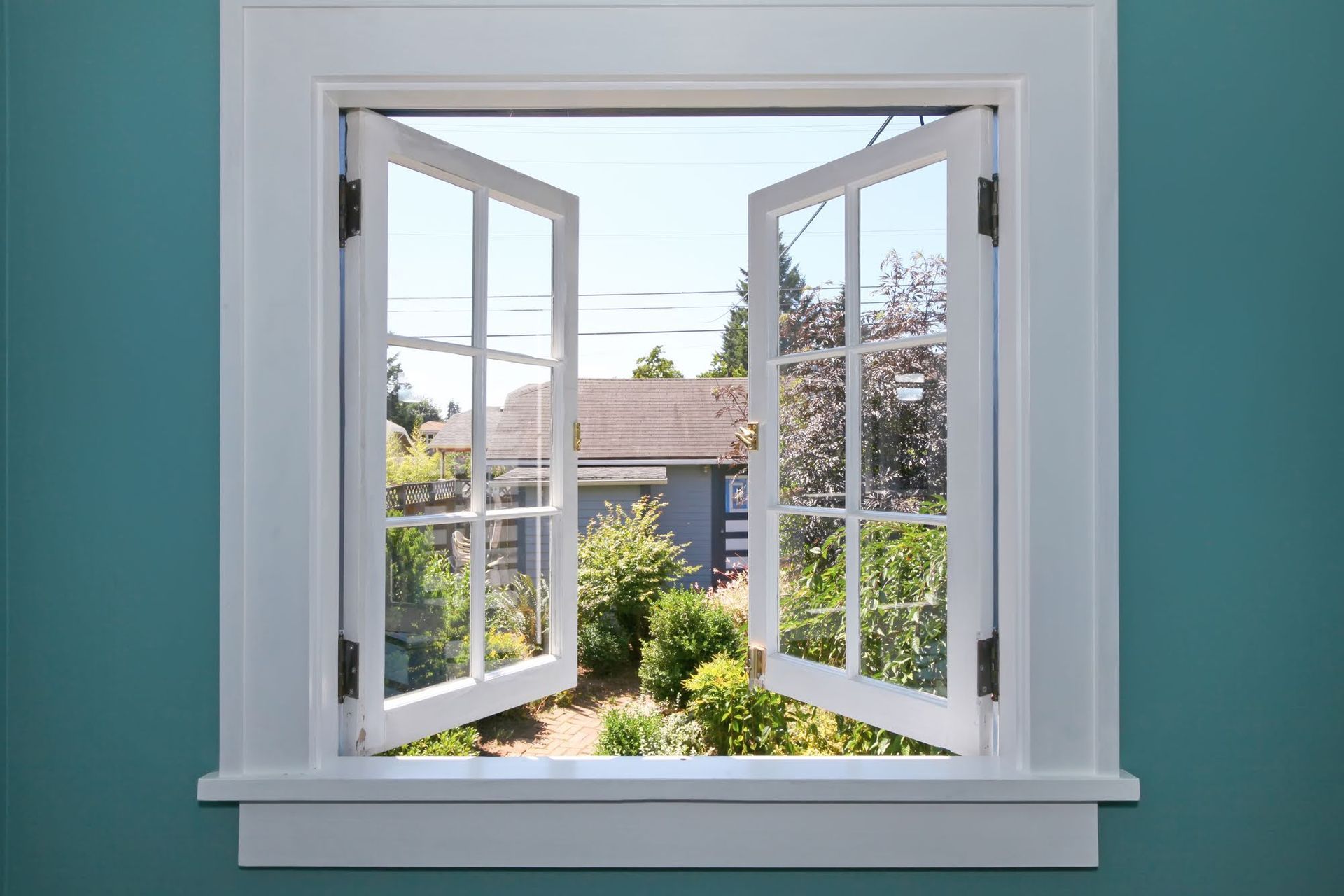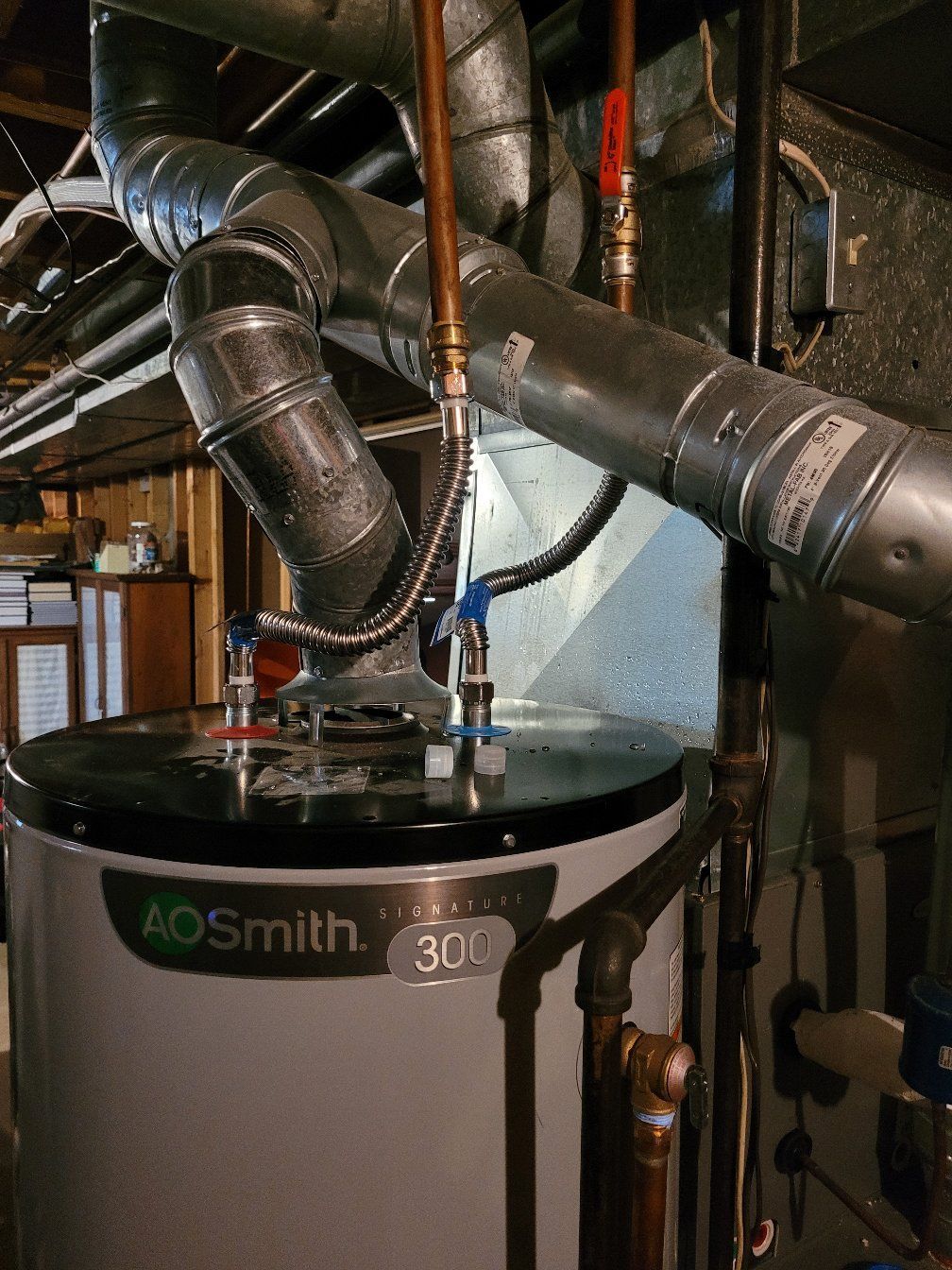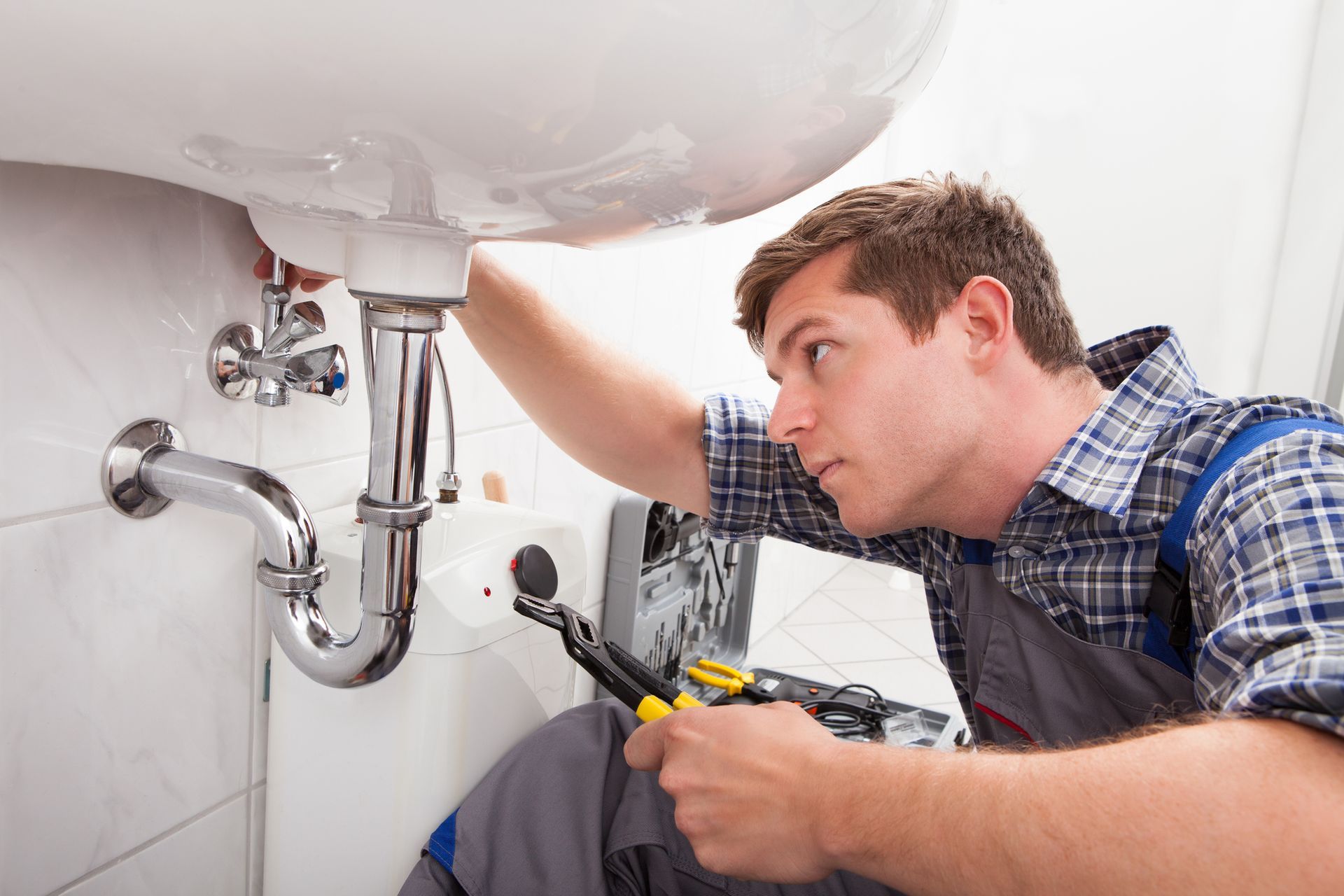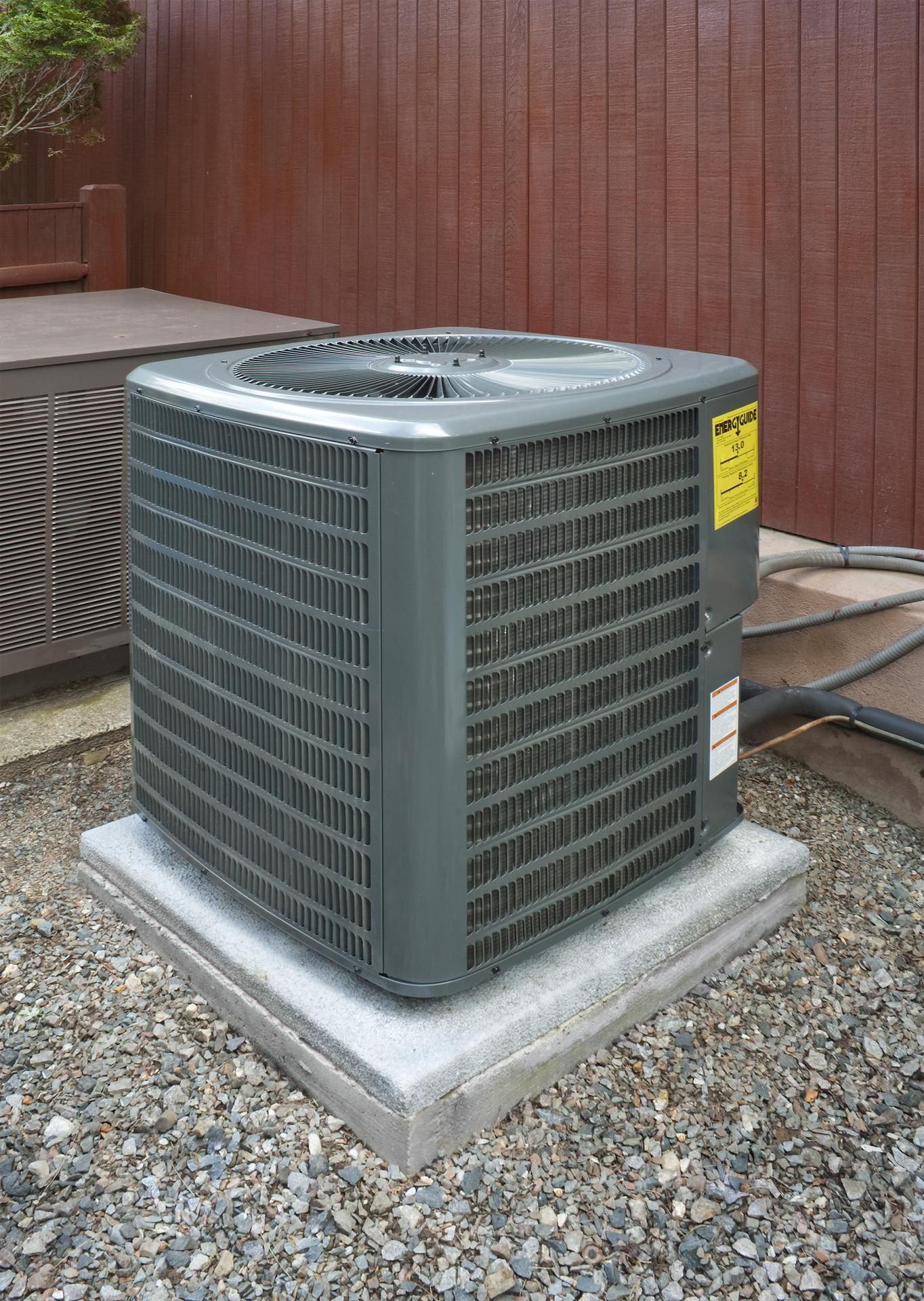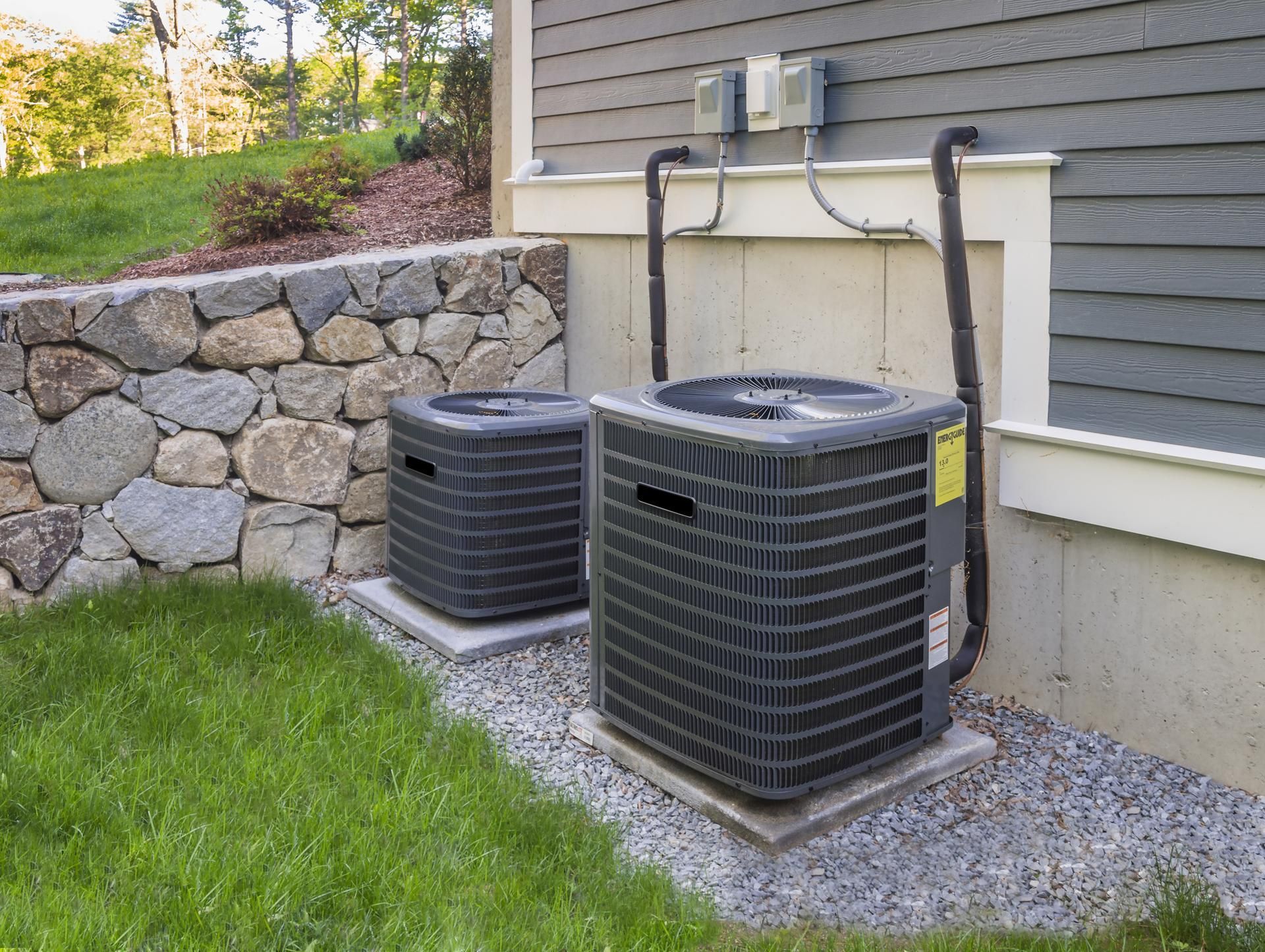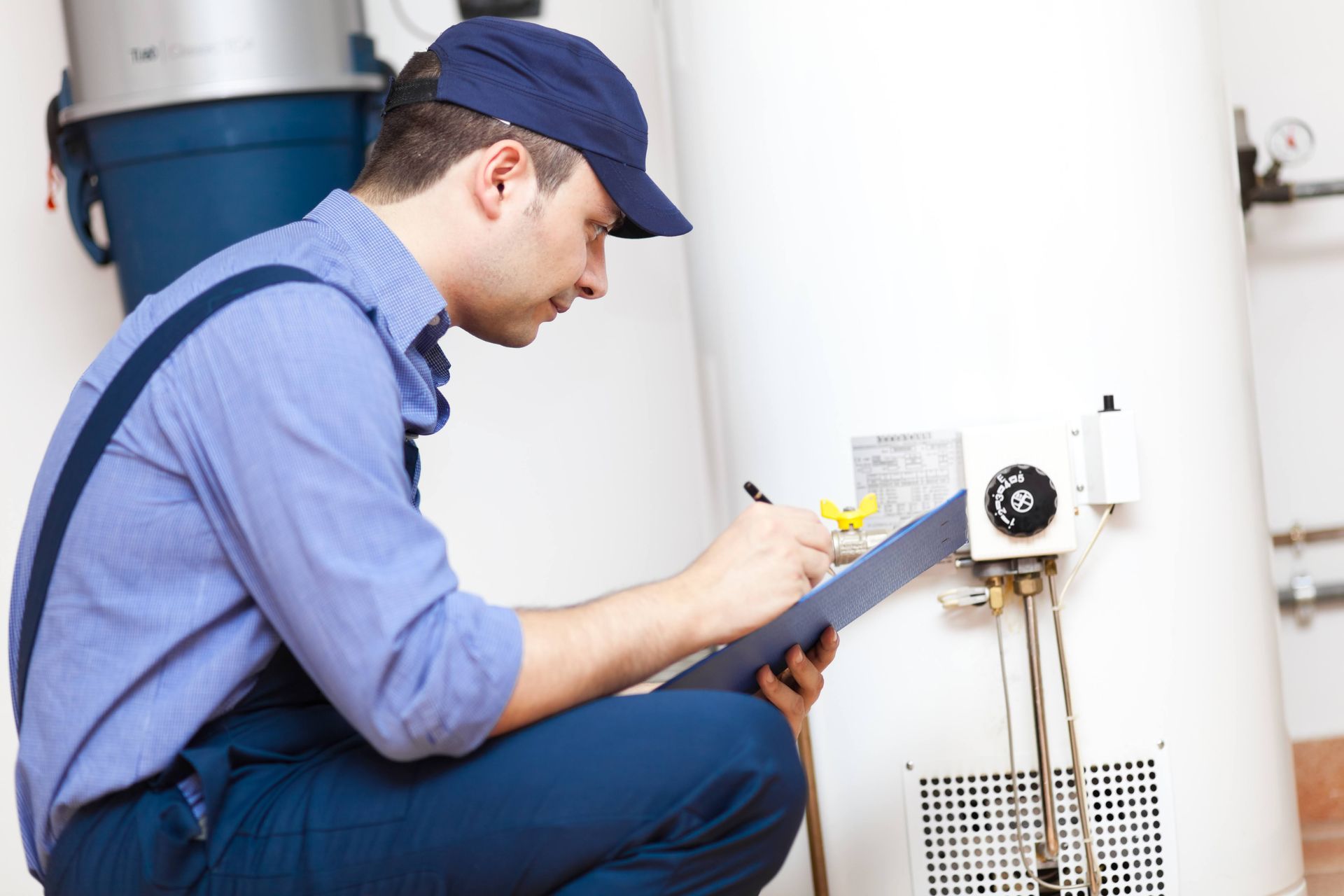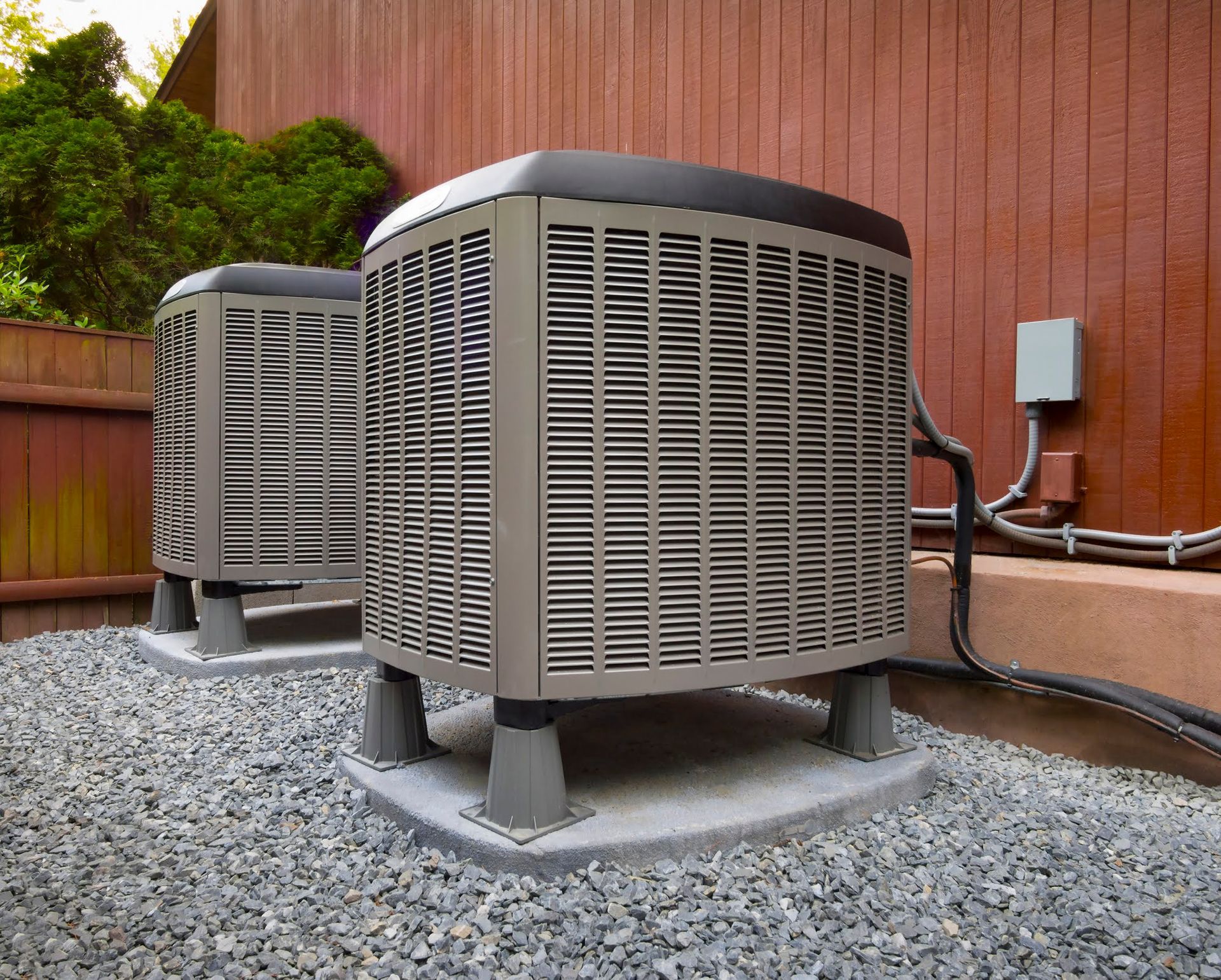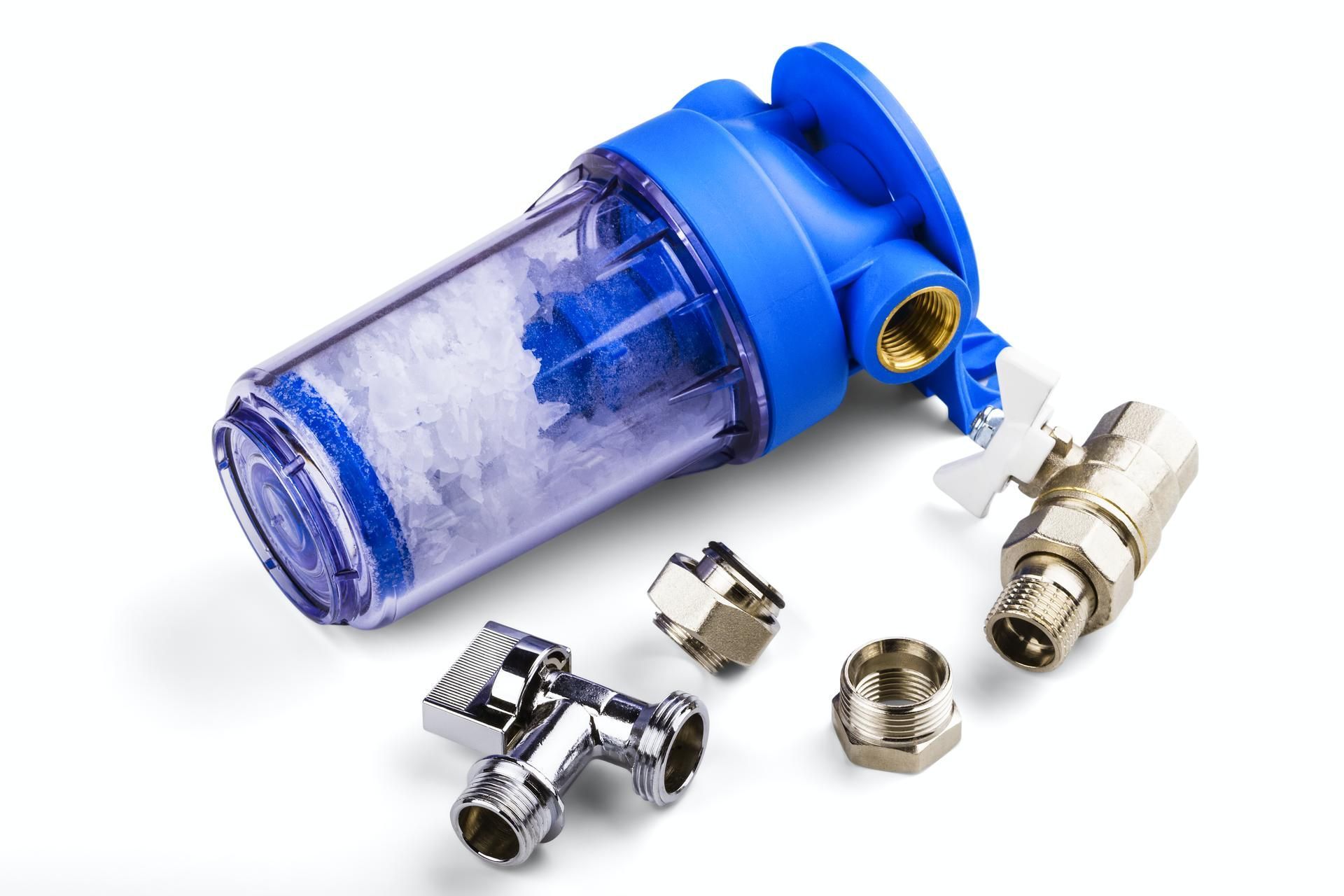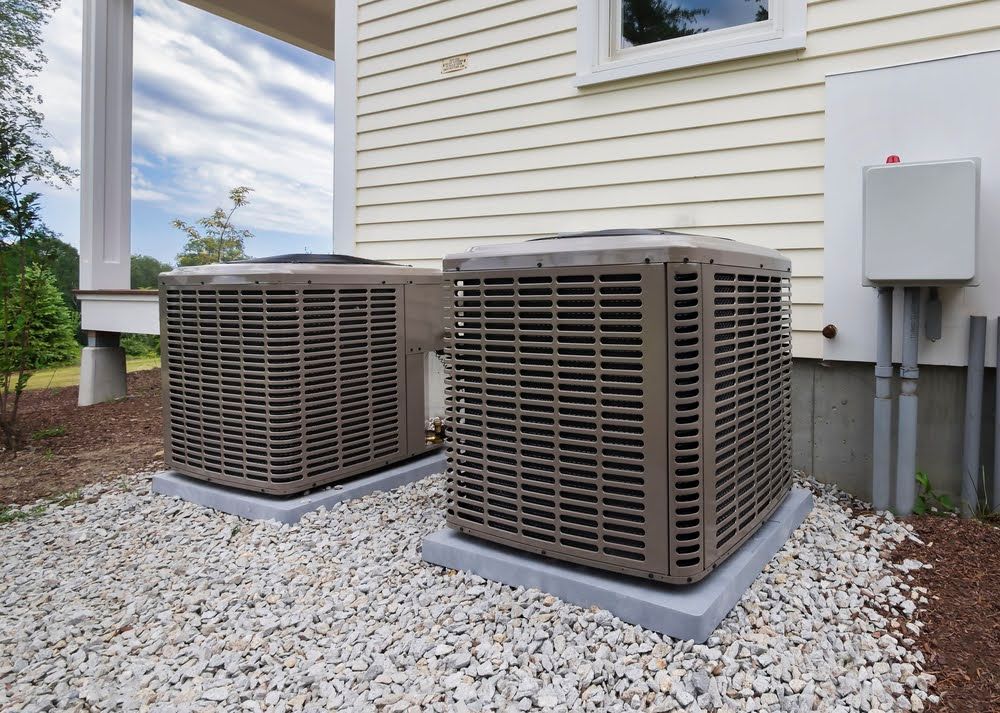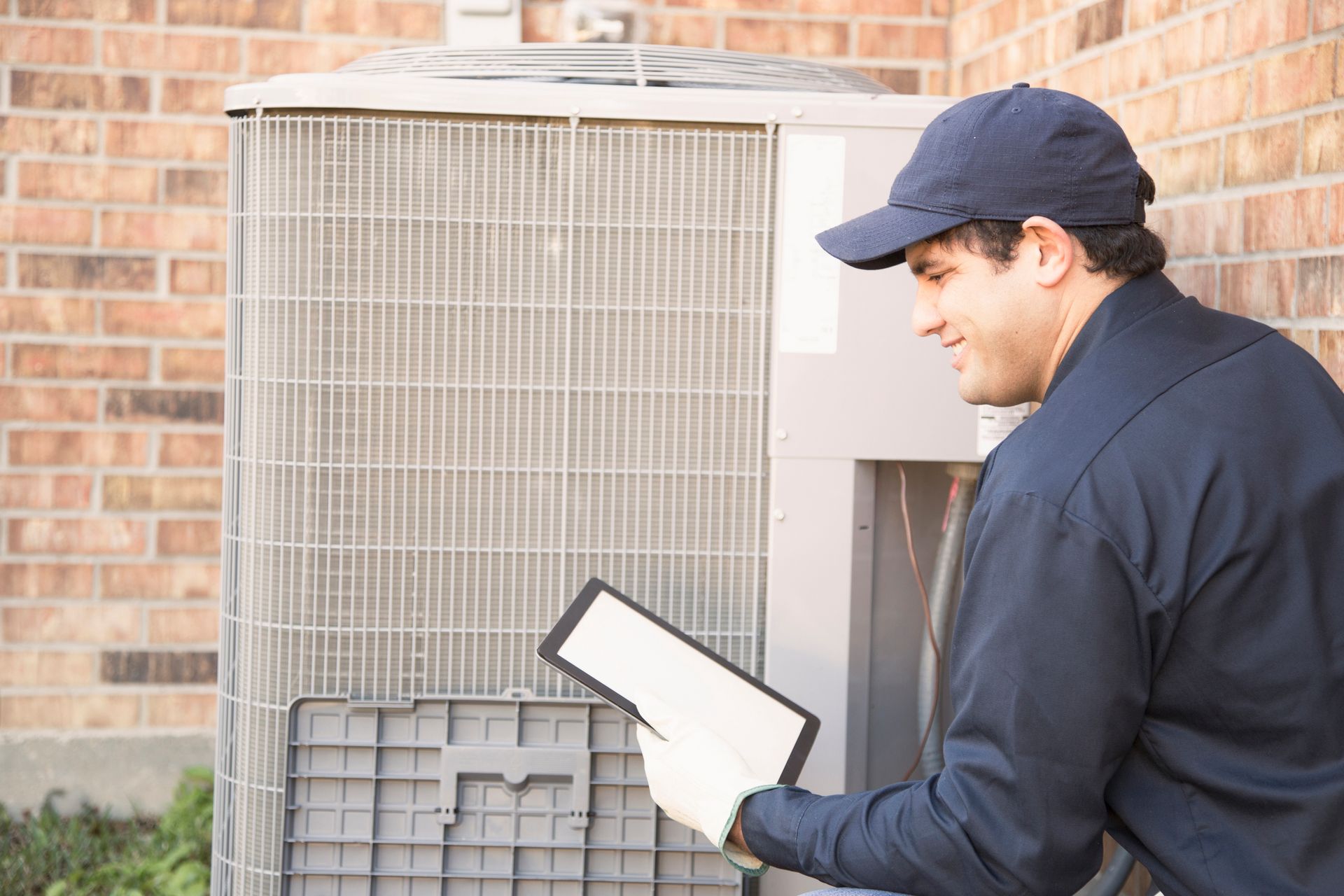Improving Your Indoor Air Quality: Tips for a Healthier Home
Indoor air quality (IAQ) is crucial for maintaining a healthy and comfortable living environment. Poor air quality can lead to health problems such as allergies, respiratory issues, and chronic conditions like asthma. Luckily, there are numerous effective strategies available to enhance the air quality within your home. Here are some essential tips to help you breathe easier and ensure a healthier indoor environment.
Regular Cleaning and Dusting
Dust and allergens can accumulate quickly in your home, contributing to poor indoor air quality. Regular cleaning and dusting can help reduce the presence of these irritants. Use a vacuum cleaner with a HEPA filter to trap dust and allergens, and ensure you clean carpets, rugs, and upholstery frequently. Dust surfaces with a damp cloth to avoid stirring up particles into the air. Additionally, consider washing bedding and curtains regularly to remove dust mites and other potential allergens.
Maintain Proper Ventilation
Good ventilation is essential for ensuring fresh air circulation and reducing indoor air pollutants. Open windows whenever possible to allow outdoor air to flow into your home. Use exhaust fans in areas like the kitchen and bathroom to remove moisture, odors, and airborne contaminants. Enhance your indoor air quality and energy efficiency by installing an energy recovery ventilator or heat recovery ventilator for improved air exchange.
Control Humidity Levels
High humidity levels can lead to mold growth and increase the presence of dust mites, both of which can negatively impact indoor air quality. To control humidity levels, use dehumidifiers in damp areas such as basements and bathrooms. Ensure that your home’s HVAC system is properly maintained and equipped with a humidifier or dehumidifier as needed.
Monitor and Replace Air Filters
Air filters in your HVAC system play a critical role in trapping dust, pollen, and other airborne particles. Regularly monitoring and replacing air filters is essential for maintaining good indoor air quality. Check your filters monthly and replace them every few months, or as recommended by the manufacturer. Use high-quality filters with a high MERV (Minimum Efficiency Reporting Value) rating for better particle removal.
Keep Indoor Plants
Indoor plants can help improve air quality by absorbing carbon dioxide and releasing oxygen. Additionally, some plants can help filter out common indoor pollutants. Opt for low-maintenance plants like spider plants, peace lilies, and snake plants, renowned for their air-purifying attributes. Be sure to keep the plants healthy and clean to prevent them from becoming a source of mold or pests.
Regular HVAC Maintenance
Proper maintenance of your HVAC system is crucial for maintaining good indoor air quality. Schedule regular inspections and servicing by a professional to ensure that your system is functioning efficiently and effectively. Regular maintenance helps prevent issues such as mold growth, air leaks, and filter clogging, all of which can impact indoor air quality.
Contact a Professional for an Air Quality Assessment
If you're concerned about the air quality in your home, it may be beneficial to contact a professional for an air quality assessment. These experts can test for various pollutants and provide recommendations on how to improve the indoor air quality in your home. An air quality assessment can also help identify potential health risks associated with poor indoor air quality. This is especially important for individuals who suffer from allergies, asthma, or other respiratory issues.
Improving indoor air quality involves a combination of strategies aimed at reducing pollutants, maintaining proper ventilation, and ensuring a healthy living environment. By implementing these tips—such as regular cleaning, using air purifiers, controlling humidity levels, and opting for non-toxic products—you can create a safer and more comfortable home. Prioritizing indoor air quality not only benefits your health but also enhances the overall well-being of everyone in your household. Contact our team today to learn more.
Contact Information
Phone
Address
2408 S. Pattie, Wichita, KS 67216
Business Hours
- Mon - Sun
- Open 24 Hours
Our Location
Contact Information
Phone
Address
2408 S. Pattie, Wichita, KS 67216
Business Hours
- Mon - Sun
- Open 24 Hours
Our Location



